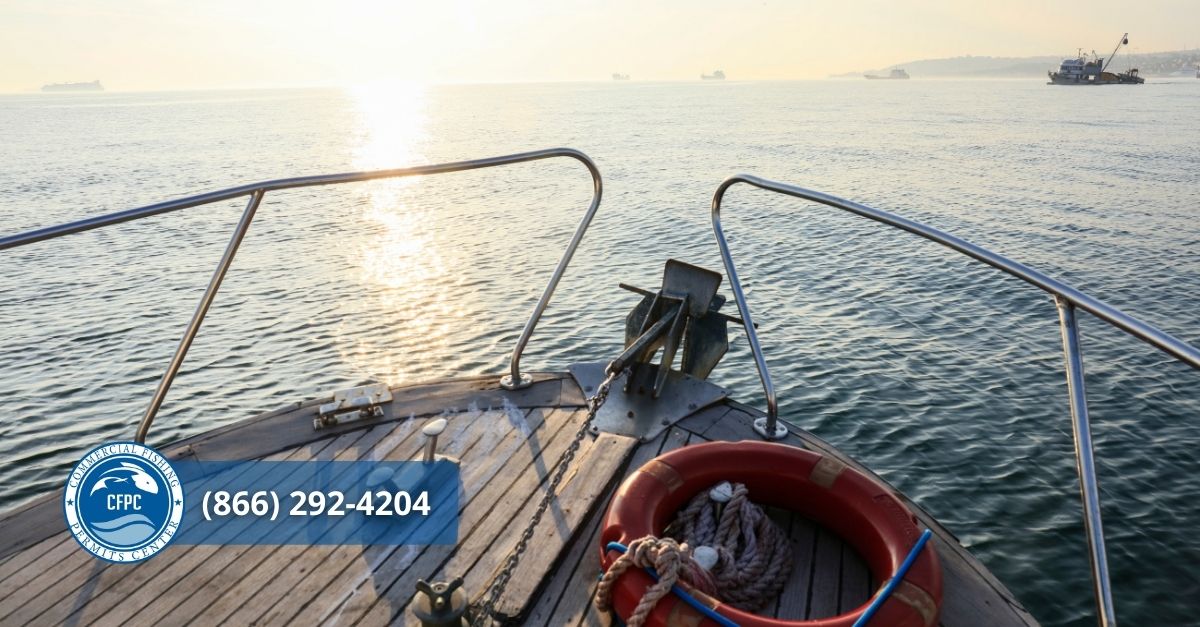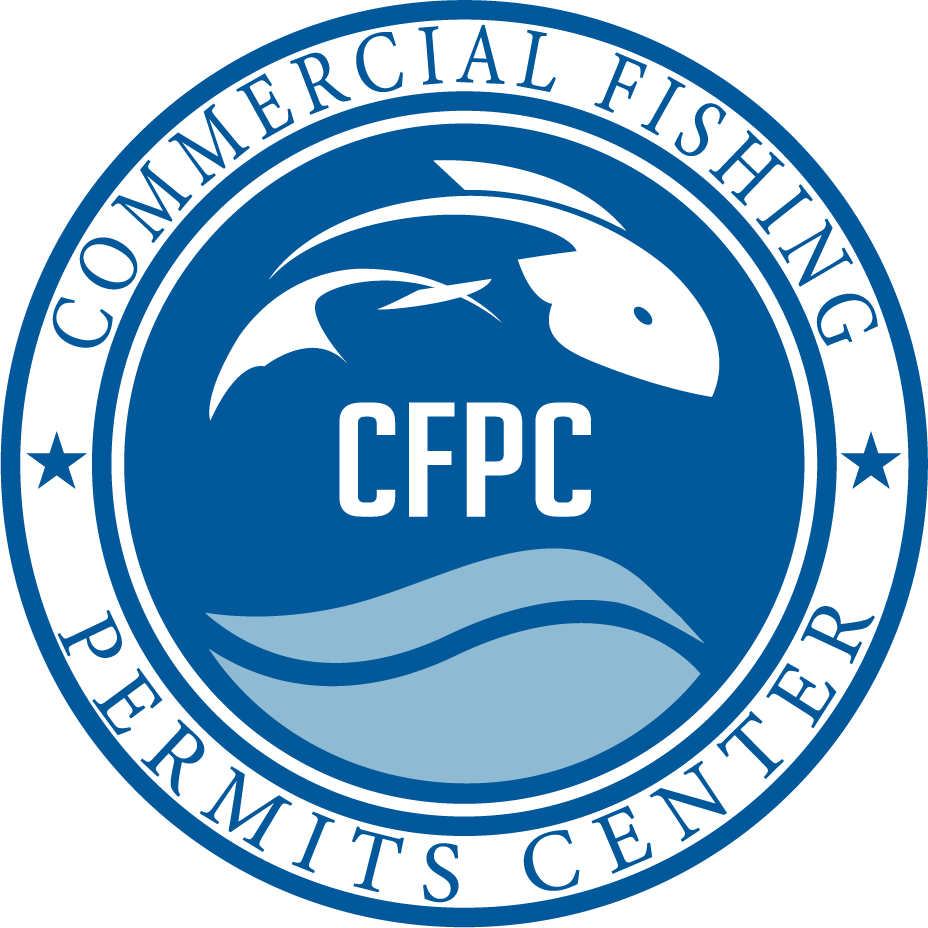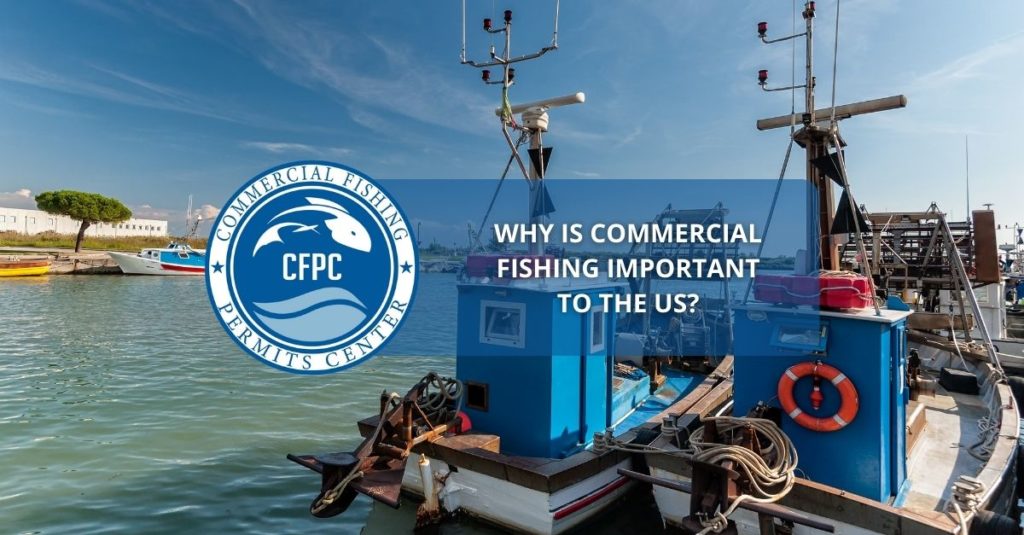As a leisure activity, fishing is loved by many as a relaxing pastime. Commercial fishing, which involves the sale of caught fish, is also a lucrative line of work for many individuals and companies in the U.S. An integral part of the economy, commercial and industrial fishing provides food and work for many Americans, and having an understanding of it is helpful to fishermen and anyone with maritime interests.
Big And Small Business
You’ve probably never put much thought into the fish that you purchase at the market or the grocery store. You care that it’s fresh, but you likely don’t think much about where it came from. Chances are, the fish that you’re feeding your family was sold to your grocer by a large-scale commercial or industrial fishing operation.

The truth is, the worldwide demand for seafood is significant. Commercial trapping and fishing are an $80 billion a year industry that employs more than 200 million people all over the globe. In order to feed the masses, industrial fishing companies harvest wild fisheries for fish and crustaceans such as lobsters and crabs.
But not all commercial fisherman outfits are backed by major corporations. There are plenty of small, family-owned businesses that depend on commercial trapping and fishing to earn a livelihood. In fact, it’s not unlikely that the fish in your neighborhood market came from just such a business. Small commercial fish operations are often innovative and adaptable in their techniques, using nets, long-lining, and even traditional rods and reels to bring you the catch of the day.
The Environment And Commercial Fishing Regulations
While industrial and small business fishing is a driving force in the U.S. economy, there are environmental factors to consider. Any knowledgeable fisherman or outdoorsman understands the importance of environmental preservation, that protecting our habitats is critical to the enjoyment of future generations. With this in mind, there are also government regulations that serve to protect America’s wild fisheries.
International and local regulations prohibit the fishing of certain areas as well as protected species. In the U.S., different regions also require that operators maintain a commercial fisherman’s license. For a small- to medium-sized business, ensuring that your entire crew is licensed is often wise. Many areas require that anyone assisting in a commercial fish operation is appropriately licensed.
There are many different types of commercial and industrial fishing licenses, including various registrations, endorsements, and stamps. If you are considering the catch and sale of fish as a side or primary business, seeking out the proper license should be a priority in your business plans.
We Can Help You Get The License You Need
Filling out forms, providing documentation, and navigating expensive fees can seem overwhelming. Our seasoned service representatives can help you in obtaining the fishing license that you need to operate your business. We offer many streamlined, easy-to-use forms, and our secure portal ensures that your application is processed in a timely and complete fashion.


No Comments
Be the first to start a conversation